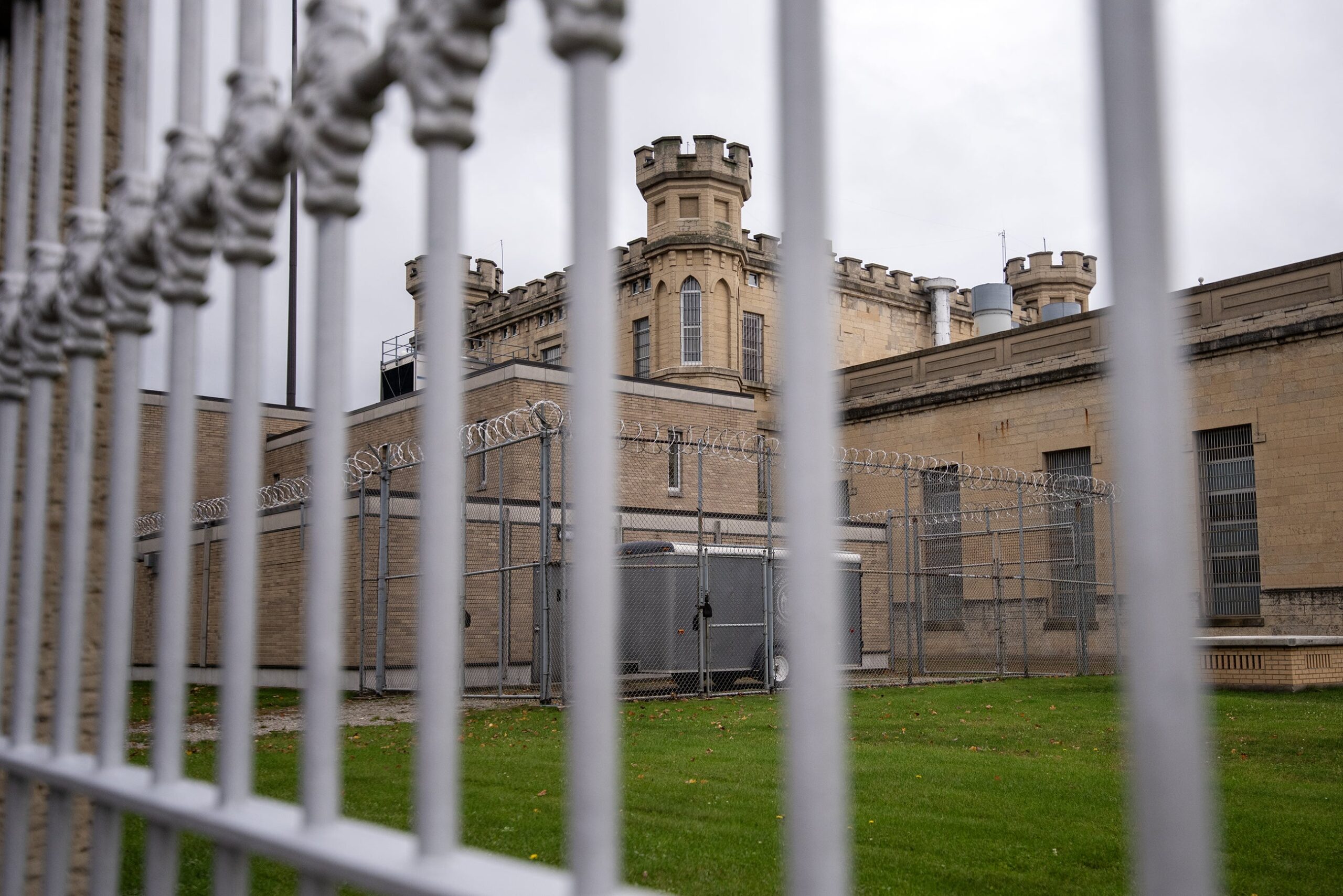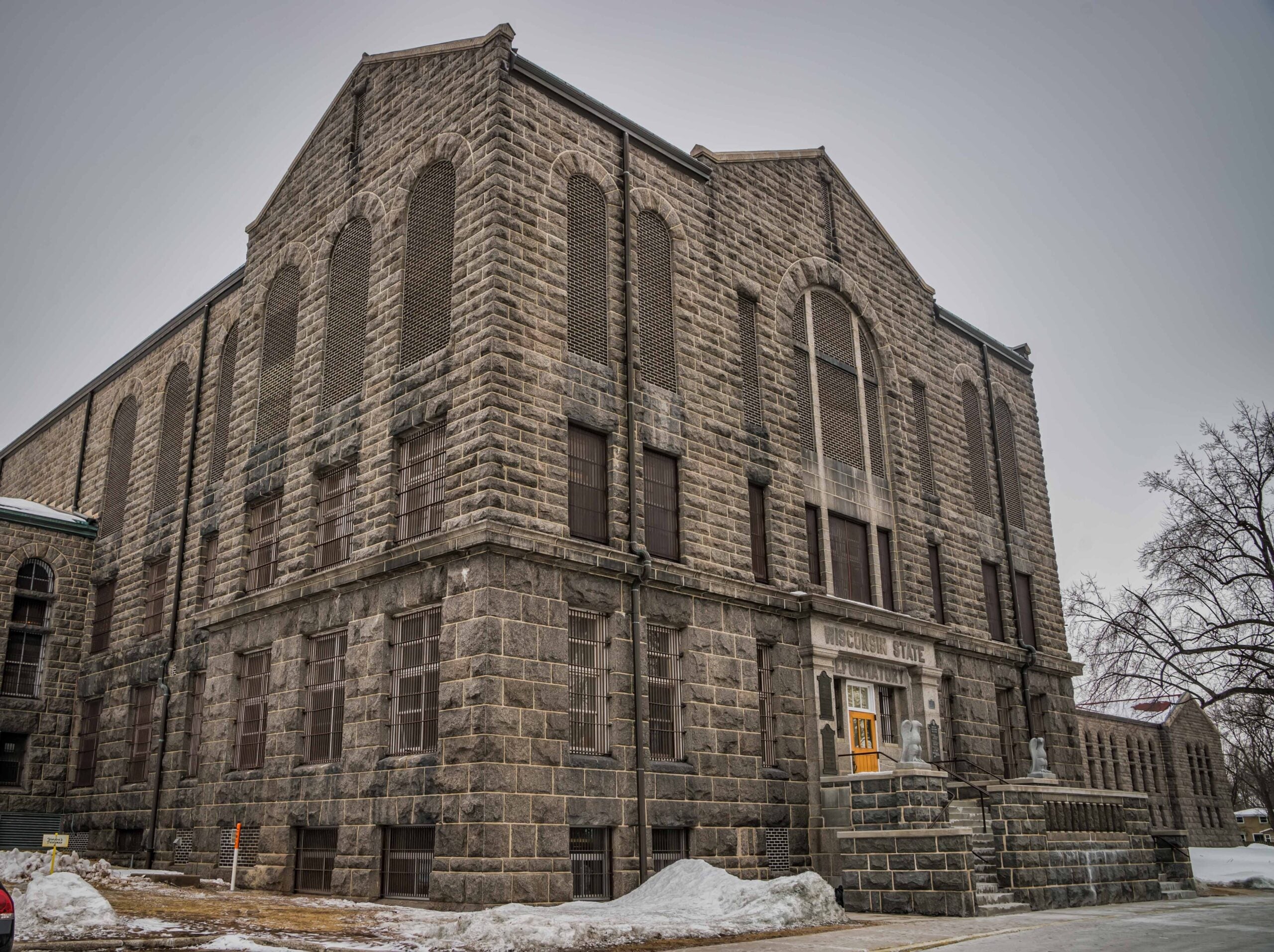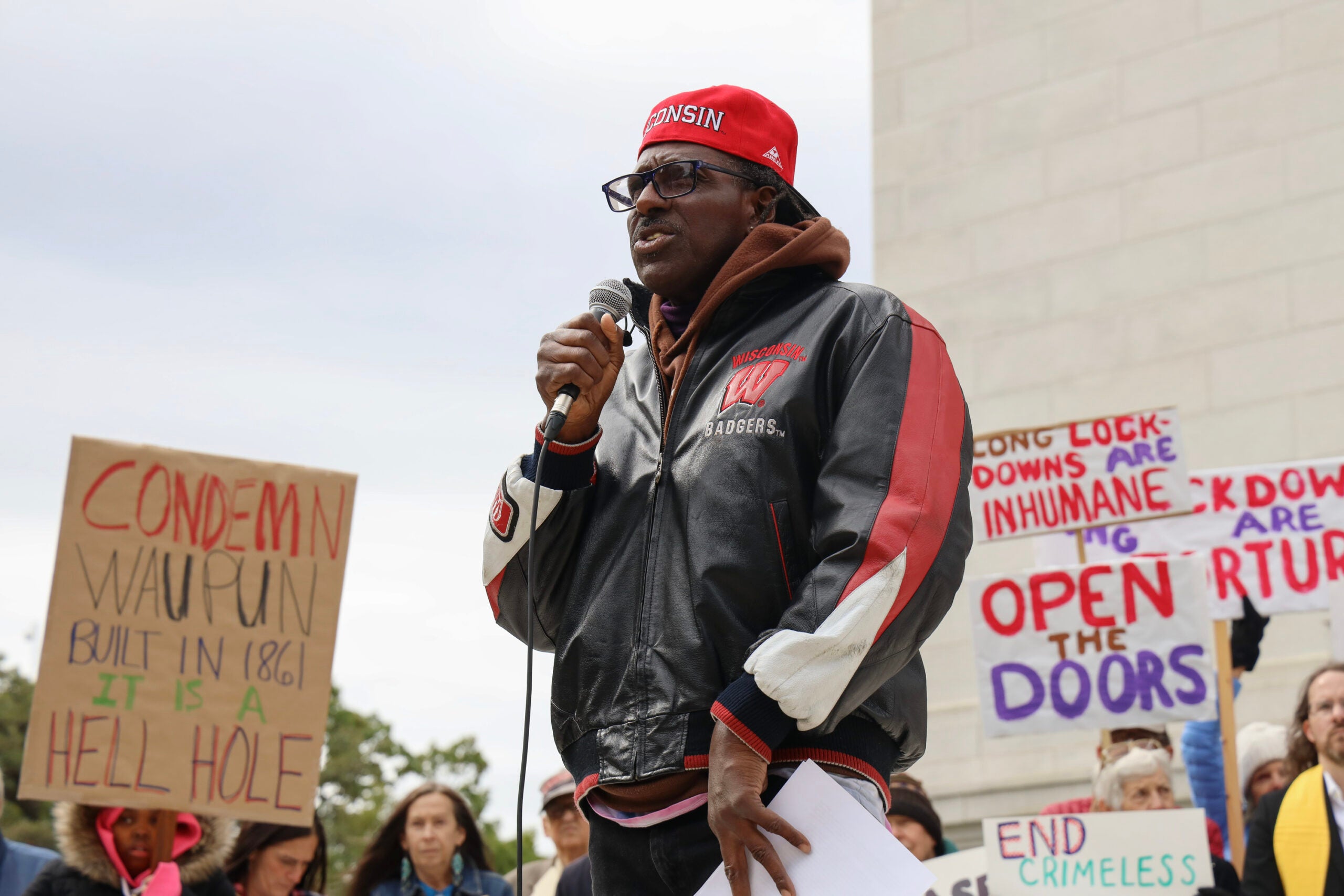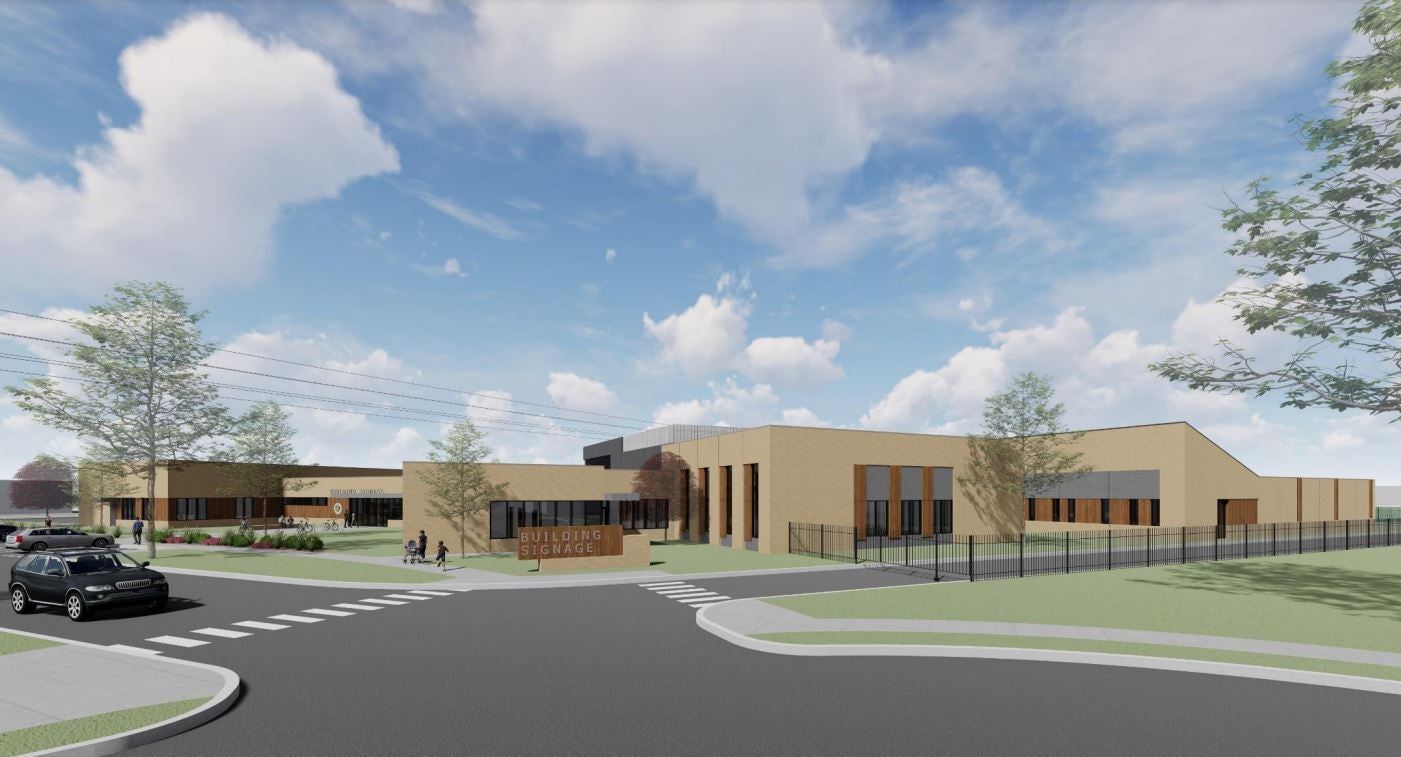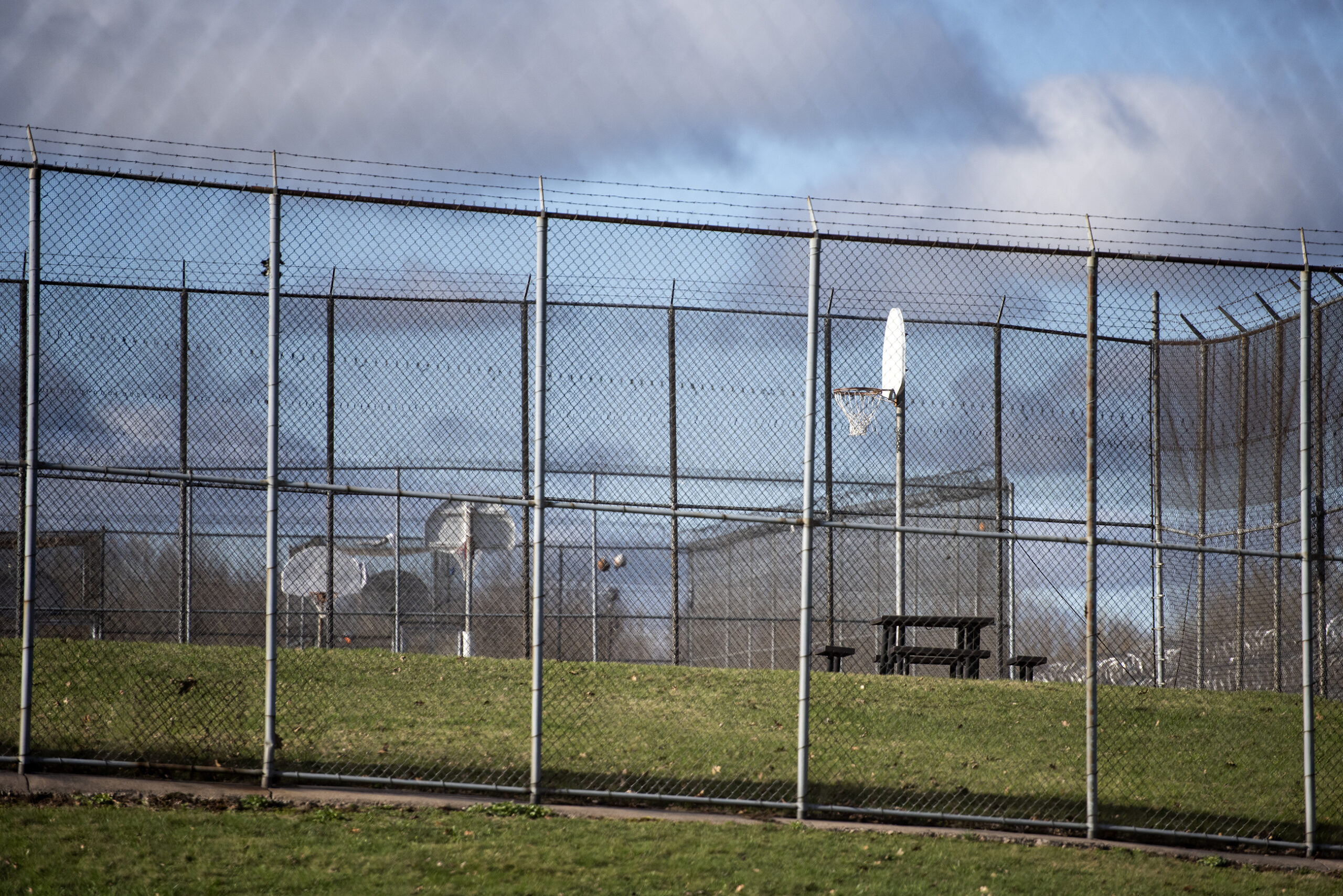Wisconsin Corrections Secretary Jon Litscher told lawmakers Tuesday on the Joint Finance Committee that the state has improved conditions at the Lincoln Hills and Copper Lake juvenile prisons following investigations of abuse at the facilities.
Litscher also dismissed suggestions that the state should have moved the state’s juvenile institutions from their current locations near Wausau to facilities closer to Milwaukee, where many of the offenders are from.
The Lincoln Hills School for Boys and Copper Lake School for Girls are under investigation for allegations of prisoner abuse and child neglect.
Stay informed on the latest news
Sign up for WPR’s email newsletter.
Gov. Scott Walker’s budget would add eight counselors at Lincoln Hills and three mental health counselors at Copper Lake. It would also add nine nurses throughout the juvenile corrections system.
Litscher told lawmakers better training of officers in areas such as adolescent brain development have already improved conditions at Lincoln Hills and Copper Lake enough that courts once again trusted the facilities.
“The courts have been willing to come back to Lincoln Hills-Copper Lake,” Litscher said, telling lawmakers that populations at the two juvenile prisons had grown by nearly 20 percent since August.
But Sen. Lena Taylor, a Democrat from Milwaukee, pressed Litscher on why Walker decided to add staff at Lincoln Hills despite its documented history of problems.
“You staffed it more instead of doing something to allow Milwaukee to be able to have their youth located there,” Taylor said. “Why?”
“We feel that the facility, the treatment programs, the academic area of Lincoln Hills-Copper Lake speaks to the needs of the youth,” Litscher responded.
“They’re too far away,” Taylor shot back, telling Litscher that keeping youth offenders so far away from their parents and home communities ran contrary to what research suggests is best for kids with troubled backgrounds.
Overtime And Staff Retention
Litscher also talked about staff retention throughout the state’s prison system, saying the DOC recently cut its number of vacant jobs and that would reduce the amount of overtime guards are required to work.
Litscher oversaw a pay plan increase for corrections officers last year and told members of the budget committee his agency was working hard to recruit new employees.
But Democrats said prison staffing challenges ran deeper than that, suggesting the problem had its roots in Walker’s Act 10 collective bargaining law that effectively dismantled public employee unions.
Oshkosh Democratic Rep. Gordon Hintz, whose Assembly district is home to several prison employees, said he hears stories from officers about low morale and burnout due to forced overtime.
“I don’t know anybody in this room that thinks it’s remotely OK to go to a job — especially working in a correctional facility — where you work 16 hours straight, it takes you an hour to get home, maybe take a nap for five or six hours and then you go back and work 16 hours,” Hintz said.
Hintz said the state used to offset the stresses of working in prison with the promise of better compensation through promotions.
“The ability to keep people is going to be based on our ability to have a sustainable pay progression plan that used to exist pre-Act 10,” Hintz said.
That prompted a forceful response from Litscher.
“To say everything is pre-Act 10 or post-Act 10, I think is, in my humble opinion, a cop out,” Litscher responded.
Litscher took over the DOC in February following allegations of abuse at Lincoln Hills during the tenure of previous Corrections Secretary Ed Wall. Litscher was also Wisconsin’s Corrections Secretary from 1999-2003.
Wisconsin Public Radio, © Copyright 2024, Board of Regents of the University of Wisconsin System and Wisconsin Educational Communications Board.


